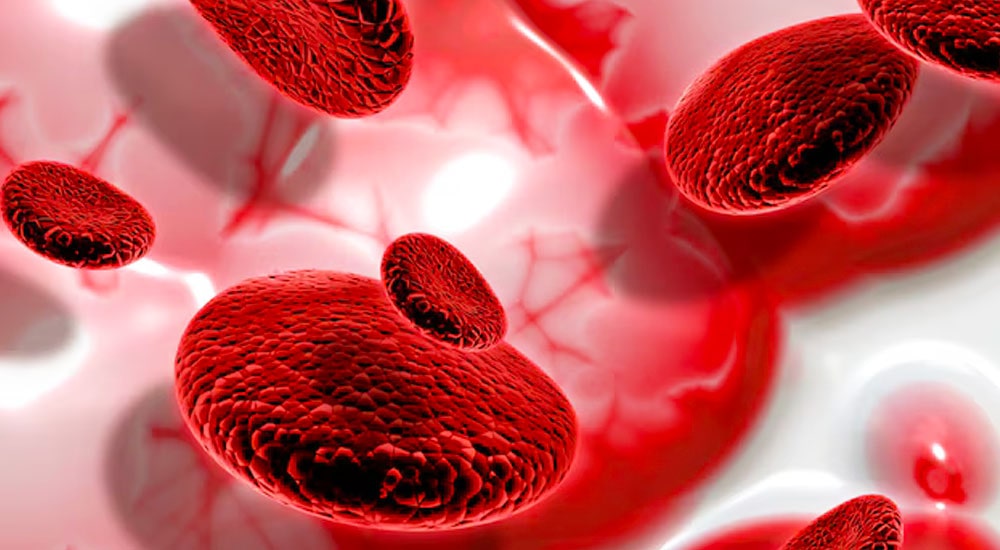
A blood clotting disorder is a condition which makes your body more likely to make blood clots. You can inherit one of these conditions from your parents. In some cases, certain blood clots may even cause a stroke. However, medications can help you prevent blood clots.
What is blood clotting disorder?
A blood clotting disorder, also known as thrombophilia or hypercoagulable state, makes your blood form clots more easily. When you get hurt, your blood makes blood clots to prevent excessive bleeding.
Your liver makes clotting factors that stick to platelets to form blood clots. Usual blood clotting is essential for stopping a cut from bleeding excessively and to start the healing process. However, too much blood clotting may cause severe complications.
Is blood clotting disorder dangerous?
Yes, blood clotting disorder can be severely dangerous, if you do not get proper treatment. Untreated blood clotting disorder may increase your risk of developing blood in clots in the:
Blood clots in the veins can go through your blood stream and cause:
Blood clots in the arteries can raise your risk for:
Common types of blood clotting disorder
Blood clotting disorders are generally either genetic or acquired conditions. The genetic form of this condition means you have been born with this condition. On the other hand, acquired blood clotting conditions are consequences of surgery, medical conditions, or medication.
Common types of inherited blood clotting disorders include:
Common types of acquired blood clotting disorders include:
What causes acquired blood clotting disorder?
Acquired blood clotting disorder may occur due to a number of reasons, such as:
What is the treatment for blood clotting disorder?
The treatment for blood clotting disorder is only recommended if a blood clot has formed in the veins or arteries. Your healthcare advisor will suggest to you the type of anticoagulant medication you need after your diagnosis.
If you have blood clotting disorder, make sure to stay connected with your doctor, and keep going to your follow-up appointments. Also, let your doctor know when you are planning your pregnancy or having surgery. However, if you have severe chest pain or trouble breathing, go to your nearest emergency center as soon as possible.